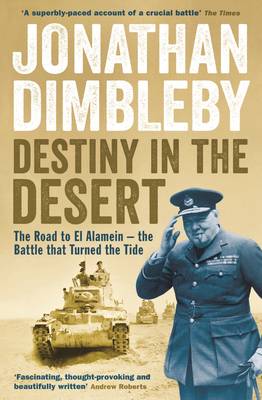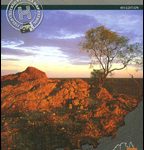Category Archives: Travel Guides
The French Revolution: From Enlightenment to Tyranny
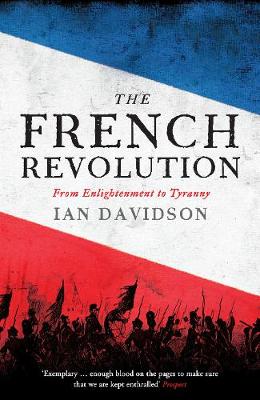
The fall of the Bastille on July 14, 1789 has become the commemorative symbol of the French Revolution. But this violent and random act was unrepresentative of the real work of the early revolution, which was taking place ten miles west of Paris, in Versailles. There, the nobles, clergy and commoners of France had just
The War that Ended Peace: How Europe abandoned peace for the First World War
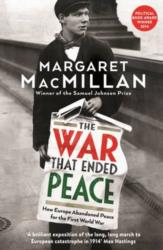
WINNER of the International Affairs Book of the Year at the Political Book Awards 2014 Longlisted for the Samuel Johnson Prize 2013 The First World War followed a period of sustained peace in Europe during which people talked with confidence of prosperity, progress and hope. But in 1914, Europe walked into a catastrophic conflict which
Catching Fire – How Cooking Made Us Human
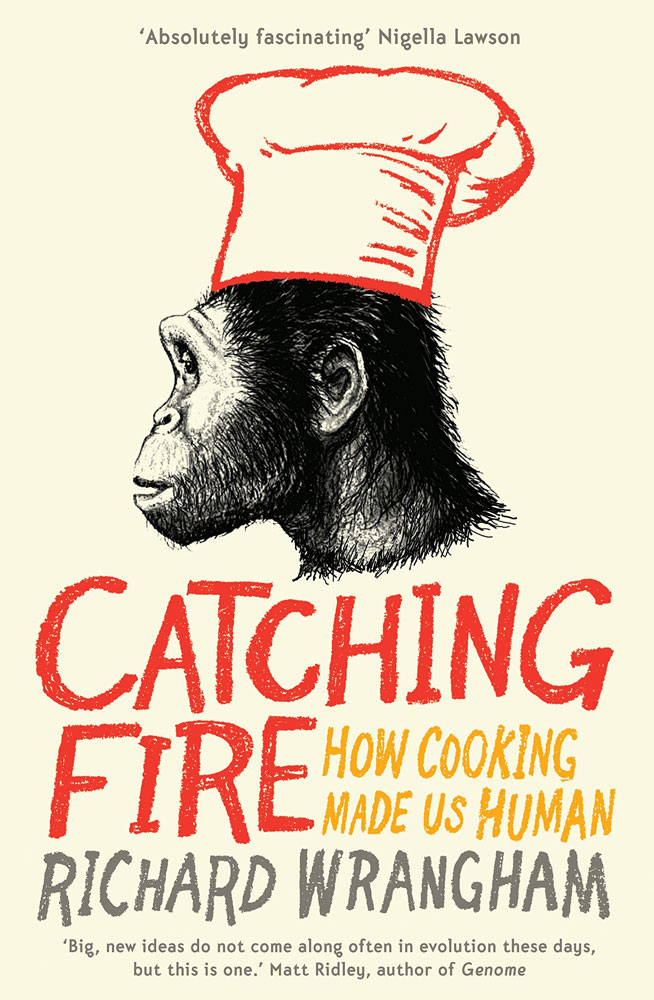
In this stunningly original book, Richard Wrangham argues that it was cooking that caused the extraordinary transformation of our ancestors from apelike beings to Homo erectus. At the heart of `Catching Fire` lies an explosive new idea: the habit of eating cooked rather than raw food permitted the digestive tract to shrink and the human
The Friar of Carcassonne
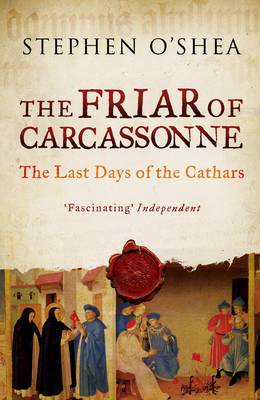
Secret tribunals, illegal rendition, torture, trumped up charges…all in a society controlled by fear. Such was the tenor of life in Languedoc around the year 1300. The dungeons housed hundreds of despairing innocents. The charge – heresy. Nearly a century had passed since Languedoc had been put to the sword in the Albigensian Crusade, but
A Week at the Airport – A Heathrow Diary
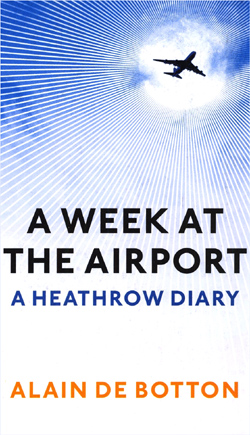
Alain de Botton’s ‘A Week at the Airport’ is the result of an invitation made to him in the summer of 2009, by the owners of London’s Heathrow, to be their first ever writer-in-residence. Based on the conversations he had during his residence he has produced this meditation on the nature of travel, work, relationships
SPQR: A History of Ancient Rome
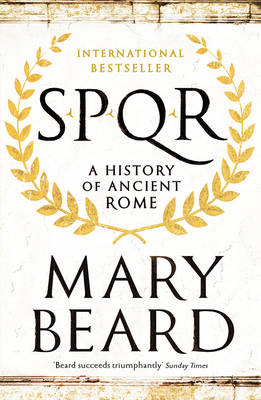
Ancient Rome matters. Its history of empire, conquest, cruelty and excess is something against which we still judge ourselves. Its myths and stories – from Romulus and Remus to the Rape of Lucretia – still strike a chord with us. And its debates about citizenship, security and the rights of the individual still influence our
The Rise of Rome: From the Iron Age to the Punic Wars (1000 BC – 264 BC)
Why Nations Fail
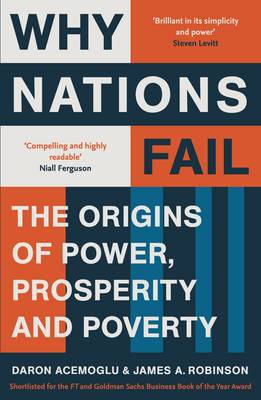
This is a provocative bestseller that explains why the world is divided into nations with wildly differing levels of prosperity. Why are some nations more prosperous than others? “Why Nations Fail” sets out to answer this question, with a compelling and elegantly argued new theory: that it is not down to climate, geography or culture,
A Voyage For Madmen
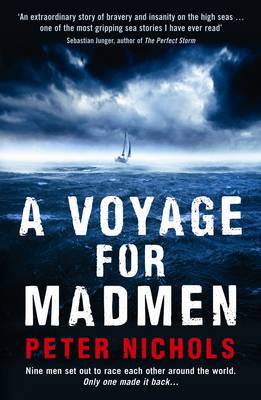
Already a classic among sailors, Nichols tell the true story of the inaugural 1968 Golden Globe sailing race: the first single-handed non-stop circumnavigation of the world. “One of the most gripping sea stories I have ever read.” (Sebastian Junger). It lay like a gauntlet thrown down; to sail around the world alone and non-stop. No
Destiny In The Desert
Natural Born Heroes: The Lost Secrets of Strength and Endurance
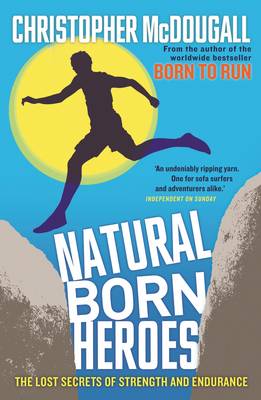
When Chris McDougall stumbled across the story of Churchill`s `dirty tricksters`, a motley crew of English poets and academics who helped resist the Nazi invasion of Crete, he knew he was on the track of something special. To beat the odds, the tricksters-starving, aging, outnumbered-tapped into an ancient style of fitness: the lost art of
St Pancras Station
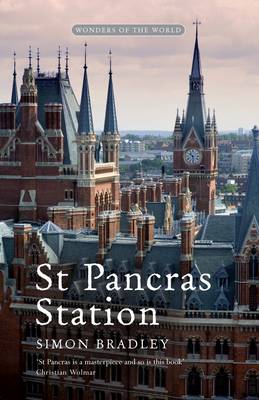
St Pancras station has long been an iconic landmark on the London landscape and one of its most distinctive monuments. This new edition is published to coincide with the reopening of Scott`s wondrous Gothic hotel and includes a new final chapter and illustrations. Simon Bradley traces the history of the station, introducing us to the
Underground, Overground: A Passenger`s History of the Tube
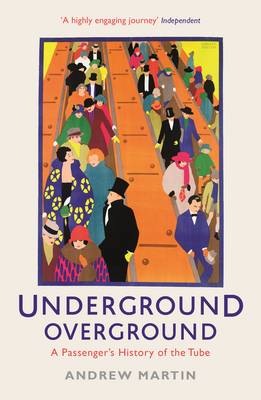
Underground, Overground: A Passenger`s History of the Tube by Andrew Martin blends reportage, humour and personal encounters to provide an engaging social history of London’s Underground system which, despite its name, is in fact 55 per cent overground. Drawing on a lifelong interest in the subject, the author ‘“ a journalist and novelist who lives
The Railways: Nation, Network and People
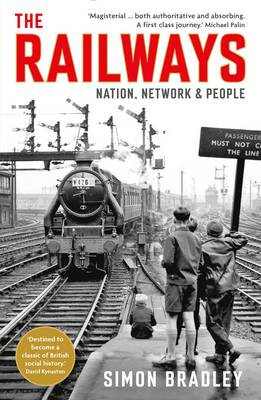
Stanfords Adult Book of the Month October 2016Britain`s railways have been a vital part of national life for nearly 200 years. Transforming lives and landscapes, they have left their mark on everything from timekeeping to tourism. As a self-contained world governed by distinctive rules and traditions, the network also exerts a fascination all its own.
Up Pohnpei
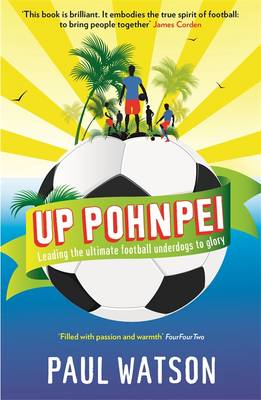
“Penguins Stopped Play” meets “Cool Runnings” in this hilarious and uplifting true story of footballing triumph against all the odds, set on a Pacific island. After one too many late night discussions, football journalist Paul Watson and his mate Matthew Conrad decide to find the world`s worst national team, become naturalised citizens of that country
The Small Hand
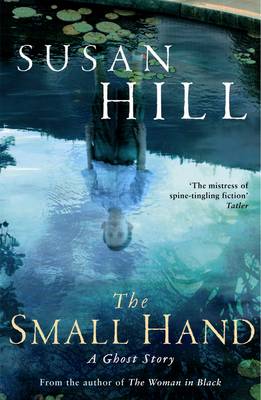
This is the chilling tale of a man in the grip of a small, invisible hand…an exceptional and bestselling ghost story by the author of “The Woman in Black” and “The Man in the Picture”. Late one summers evening, antiquarian bookseller Adam Snow is returning from a client visit when he takes a wrong turn.
Counting Sheep: A Celebration of the Pastoral Heritage of Britain
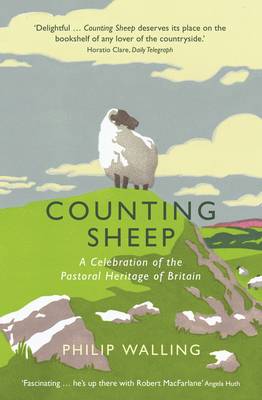
Longlisted for the 2015 Thwaites Wainwright Prize – Sheep are the thread that runs through the history of the English countryside. Our fortunes were once founded on sheep, and this book tells a story of wool and money and history, of merchants and farmers and shepherds, of English yeomen and how they got their freedom,
In Tangier
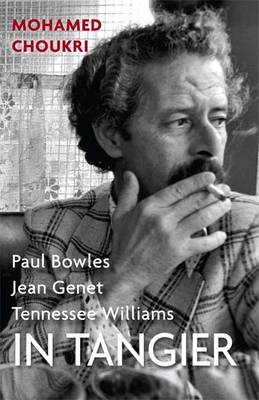
To Mohamed Choukri, Tangier was `the most extraordinary and mysterious city in the world.` A haven for many Western writers in the twentieth century, Tangier drew the likes of Paul Bowles, Jean Genet and Tennessee Williams. Each was befriended by Choukri. Choukri`s recollections of these encounters offer a unique insight into these three cult figures
My Driver
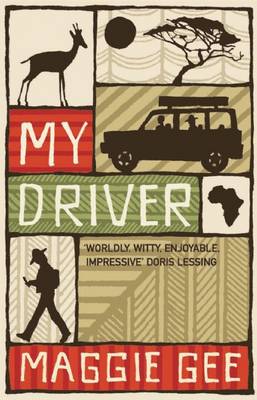
Vanessa Henman, a plucky but accident-prone white writer, flies out to Uganda for an African writers` conference. She also means to visit her former cleaner, Ugandan Mary Tendo, now the successful Executive Housekeeper of Kampala`s Sheraton Hotel. But Mary has her own agenda: her son Jamil is missing, and she has secretly summoned Vanessa`s beloved
Eating Air
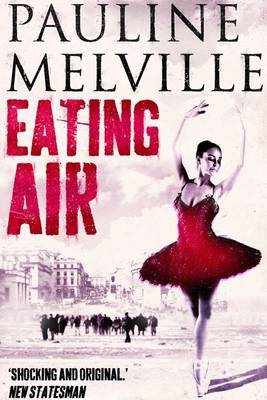
What could a ballerina, an anarchist, an Islamic terrorist and a banker possibly have in common? Our narrator, the enigmatic, piano-playing, rum drinking, Baron S knows. And he`s ready to tell. Moving between the seventies and the present-day, between London, Italy and Surinam, Pauline Melville marshals a brilliant cast of characters to tell an explosive








